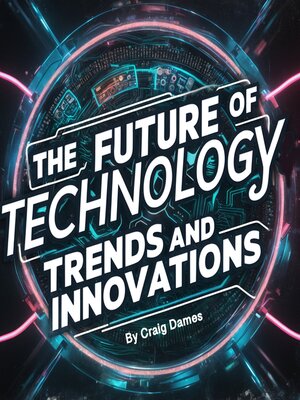
Sign up to save your library
With an OverDrive account, you can save your favorite libraries for at-a-glance information about availability. Find out more about OverDrive accounts.
Find this title in Libby, the library reading app by OverDrive.



Search for a digital library with this title
Title found at these libraries:
| Library Name | Distance |
|---|---|
| Loading... |
Technology has undergone a remarkable transformation over the past century, reshaping the way humans live, work, and connect. From the invention of the telephone and the light bulb to the rise of smartphones and artificial intelligence, the evolution of modern technology has been defined by rapid innovation and constant reinvention. Each era has built upon the breakthroughs of the previous one, creating a chain of progress that continues to accelerate today.
The shift from analog to digital marked a major turning point in technological history. Analog systems, such as early telecommunication devices and vinyl records, relied on continuous signals to transmit information. The digital revolution replaced these with binary systems, allowing data to be stored, processed, and transmitted with unprecedented efficiency. This change laid the groundwork for computers, the internet, and countless digital devices that are now part of everyday life. What once required entire rooms of equipment can now be done with the swipe of a finger on a pocket-sized smartphone.
Key milestones have shaped the modern technological landscape. The invention of the microprocessor in the 1970s allowed for the development of personal computers, which soon evolved into powerful tools for both work and leisure. The rise of the internet in the 1990s connected people and information across the globe, shrinking the world into a digital village. In the 2000s, mobile technology and wireless networks enabled a level of connectivity that few could have imagined a generation earlier. These advances have made information accessible to billions and created new platforms for communication, education, and commerce.







